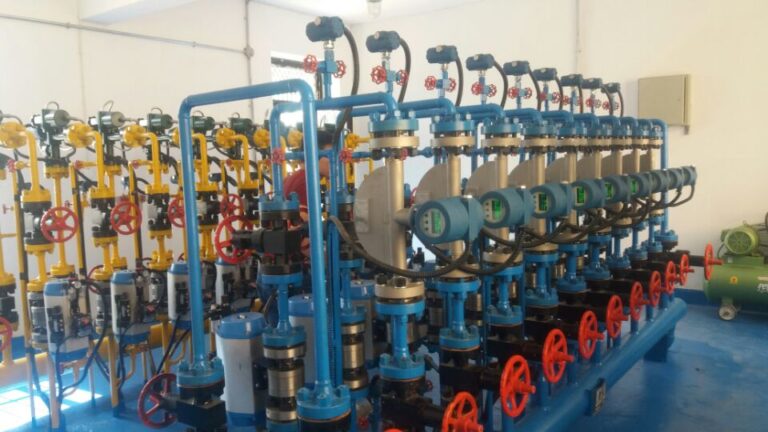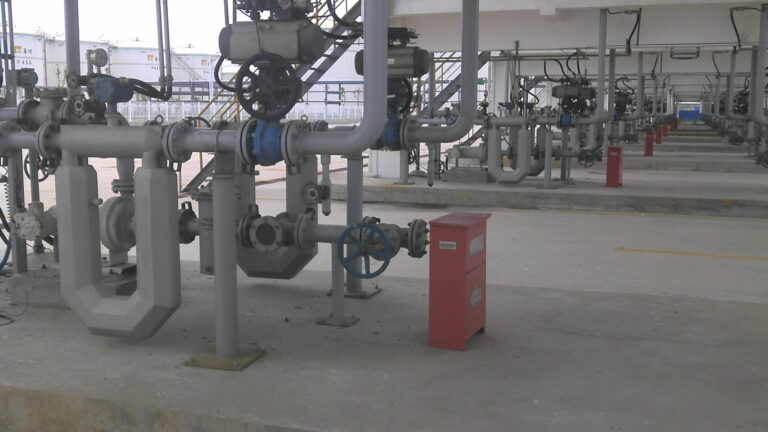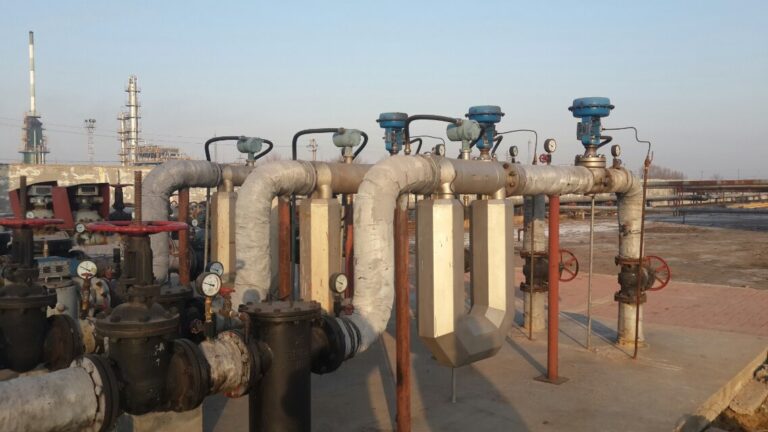Proper grounding of a mass flow meter is essential for ensuring its accuracy, safety, and longevity. While some may view grounding as a minor detail, neglecting this step can lead to significant issues, including measurement inaccuracies, equipment damage, and safety risks. Below, we will explore why grounding is necessary, the benefits it provides, and how to implement it effectively.

Why is Grounding Necessary for Mass Flow Meters?
1. Elimination of Electromagnetic Interference (EMI)
Mass flow meters operate in industrial environments where electrical noise and electromagnetic interference are common. These interferences can distort the signals transmitted by the flow meter, leading to inaccurate readings. A proper grounding system provides a low-impedance path for unwanted electrical noise, ensuring that the measurement signals remain clean and reliable.
2. Ensuring Measurement Accuracy
Grounding stabilizes the electrical potential of the flow meter, reducing noise in the signal processing circuit. Without grounding, fluctuations in the electrical potential could introduce errors, significantly affecting the precision of the flow measurement. This is especially critical in applications requiring high accuracy, such as pharmaceutical manufacturing or chemical processing.
3. Enhancing Safety
Industrial equipment, including mass flow meters, is at risk of electrical faults, such as short circuits or leakage currents. Proper grounding helps to safely direct stray currents into the earth, preventing electric shocks to personnel and potential damage to equipment.
4. Static Electricity Prevention
Certain fluids, especially low-conductivity liquids and gases, can generate static electricity as they flow through pipes. If not properly grounded, the buildup of static electricity can cause sparks, posing a serious risk in environments with flammable materials. Grounding dissipates this static charge, minimizing the risk of fire or explosion.

Benefits of Proper Grounding
- Improved Measurement Reliability: Grounding ensures that the flow meter operates within its specified accuracy range by reducing electrical noise.
- Extended Equipment Lifespan: Proper grounding protects sensitive electronic components from voltage surges or transient currents.
- Enhanced Operational Safety: It minimizes the risk of accidents due to electric shock or static discharge.
- Compliance with Standards: Many industries mandate grounding to comply with safety and performance standards, such as those set by the International Electrotechnical Commission (IEC) or the National Electrical Code (NEC).
How to Ground a Mass Flow Meter Effectively
1. Use a Dedicated Grounding System
- A mass flow meter should ideally have its own dedicated grounding connection to avoid interference from other equipment.
- Sharing grounding lines with other devices can introduce noise and compromise the accuracy of the flow meter.
2. Follow Manufacturer Guidelines
- Always consult the user manual or technical documentation provided by the manufacturer. These documents typically outline specific grounding requirements, such as cable sizes, materials, and connection points.
3. Achieve a Low Grounding Resistance
- For most industrial applications, the grounding resistance should be less than 10 ohms, though specific requirements may vary. Lower resistance ensures better noise suppression and safer operation.
4. Use Proper Grounding Materials
- Employ high-quality conductors such as copper or aluminum for the grounding connections. Ensure that all connections are secure and free of corrosion.
5. Regular Maintenance and Testing
- Periodically inspect grounding connections for signs of wear, corrosion, or loosening. Conduct regular tests to measure grounding resistance and verify compliance with required standards.

Common Mistakes to Avoid
- Neglecting Grounding: Some users overlook grounding entirely, assuming the equipment will function adequately without it. This is a major mistake that can compromise both safety and performance.
- Improper Grounding Location: Connecting the ground wire to an improper location (e.g., painted surfaces or non-conductive materials) can result in ineffective grounding.
- Overlooking Periodic Checks: Grounding systems can deteriorate over time due to environmental factors or mechanical stress. Regular maintenance is essential to ensure continued effectiveness.

Conclusion
Grounding a mass flow meter is not just a technical requirement; it is a crucial practice for maintaining accurate measurements, protecting equipment, and ensuring safety in industrial operations. By providing a stable electrical reference and minimizing interference, grounding enhances the reliability and lifespan of the flow meter. Adhering to best practices and following the manufacturer’s guidelines will help you achieve optimal performance and compliance with safety standards.
Whether you’re installing a new flow meter or troubleshooting an existing one, always prioritize proper grounding—it’s a small step with significant benefits.
